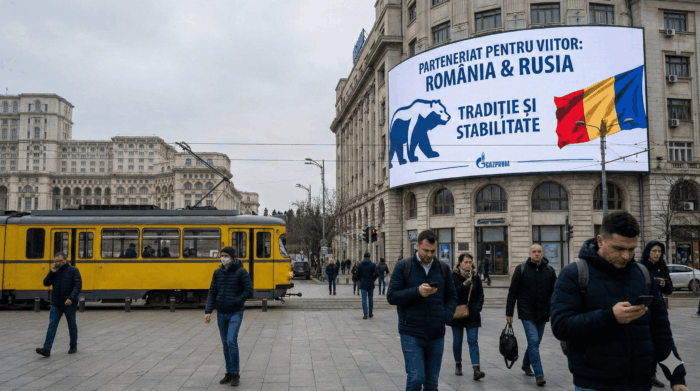UK media is reporting that Russia announced it would retaliate against Germany for banning the German-language service of Russian broadcaster RT. According to a Reuters report:
February 2, 2022 MOSCOW ‑Russia will retaliate against Germany for banning the German-language service of Russian broadcaster RT, and the response will impact German media accredited in Russia and internet “intermediaries”, the foreign ministry said on Wednesday. Germany’s MABB media watchdog and Commission for Licensing and Supervision (ZAK) of media institutions said on Wednesday that RT DE needed a licence that conformed with Germany’s State Media Treaty and could not replace it with a different licence. “This move deprives us of any choice but to embark on retaliatory measures against German media accredited in Russia, as well as against internet intermediaries that have voluntarily and groundlessly deleted accounts of the TV channel from their platforms,” the Russian foreign ministry said in a statement. RT said it will go to court over the German decision. In December, YouTube had removed RT DE, saying it violated community standards, and the MABB media watchdog for Berlin and the state of Brandenburg ruled RT DE was not eligible to broadcast in Germany for licensing reasons. The ban led to Eutelsat removing RT Deutsch from the list of channels broadcast from its satellites, though the broadcaster continued to stream content on its website.
Read the rest here.
Last month, the Global Influence Operations Report reported that RT Deutsch, Russia’s German-language media outlet, launched a 24/7 live channel on YouTube. In April, we reported on the growing dispute between Germany and Russia over the establishment of RT TV.
In 2017, the NYT characterized RT as follows:
Analysts are sharply divided about the influence of RT. Pointing to its minuscule ratings numbers, many caution against overstating its impact. Yet focusing on ratings may miss the point, says Peter Pomerantsev, who wrote a book three years ago that described Russia’s use of television for propaganda. “Ratings aren’t the main thing for them,” he said. “These are campaigns for financial, political and media influence.” RT and Sputnik propel those campaigns by helping create the fodder for thousands of fake news propagators and providing another outlet for hacked material that can serve Russian interests, said Ben Nimmo, who studies RT for the Atlantic Council. Whatever its impact, RT is unquestionably a case study in the complexity of modern propaganda. It is both a slick modern television network, dressed up with great visuals and stylish presenters, and a content farm that helps feed the European far right. Viewers find it difficult to discern exactly what is journalism and what is propaganda, what may be “fake news” and what is real but presented with a strong slant.









